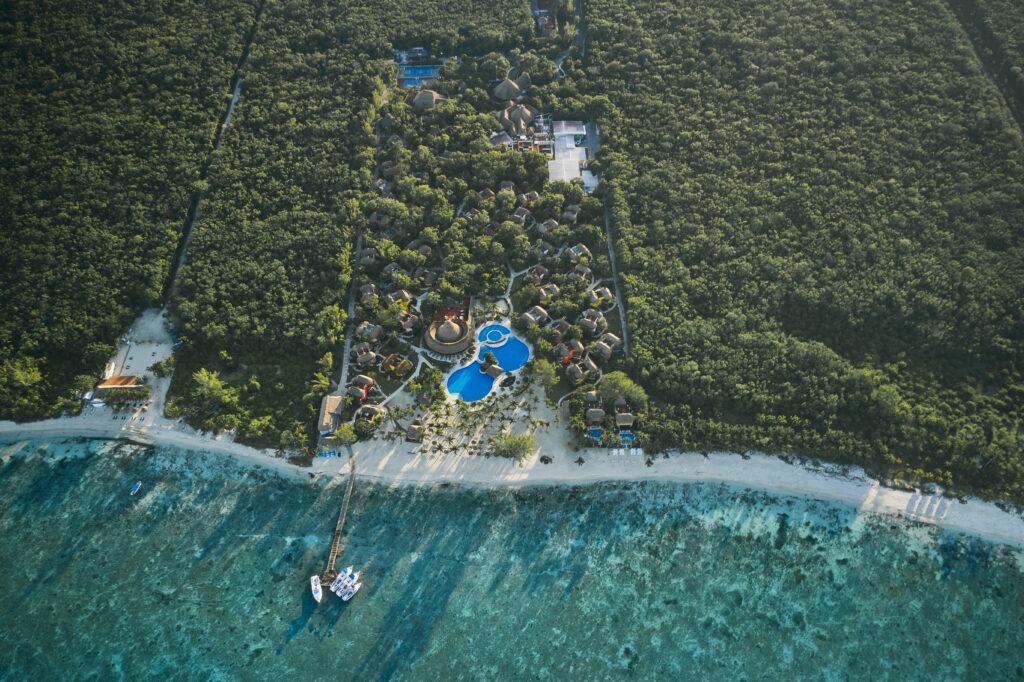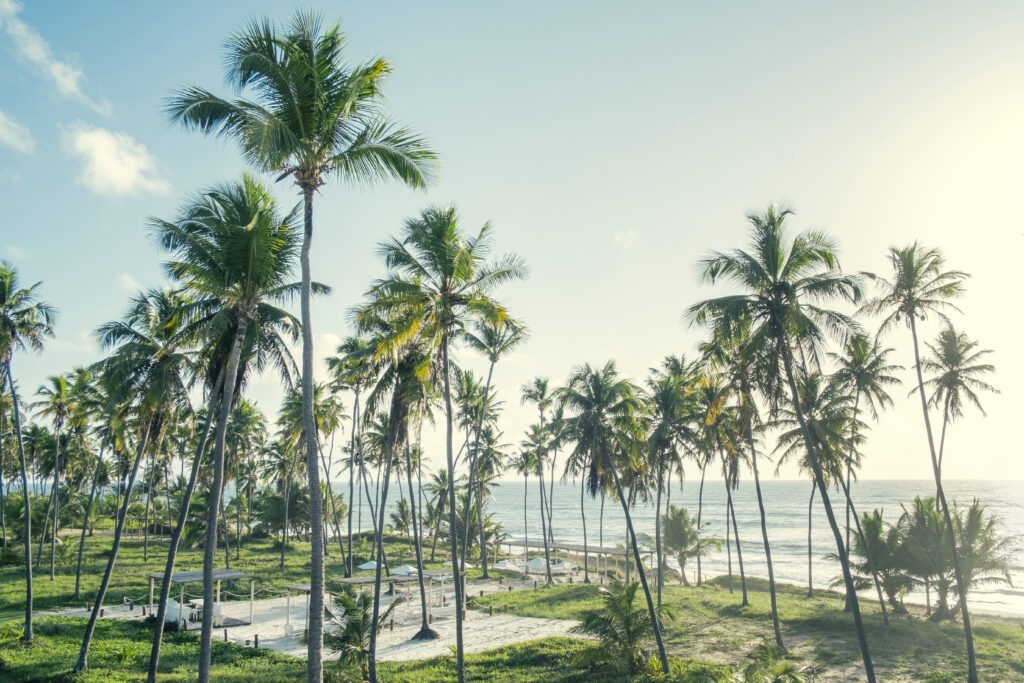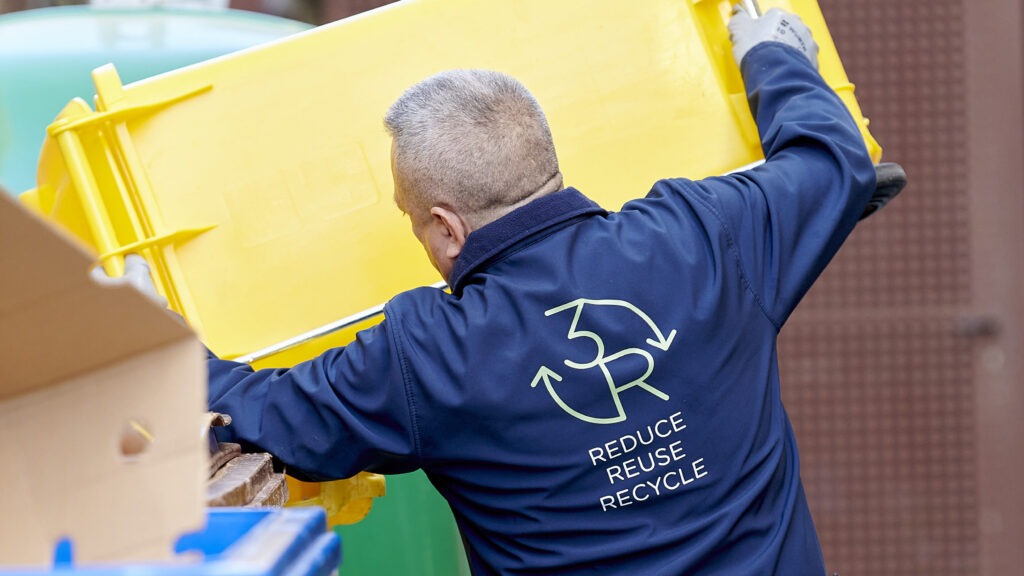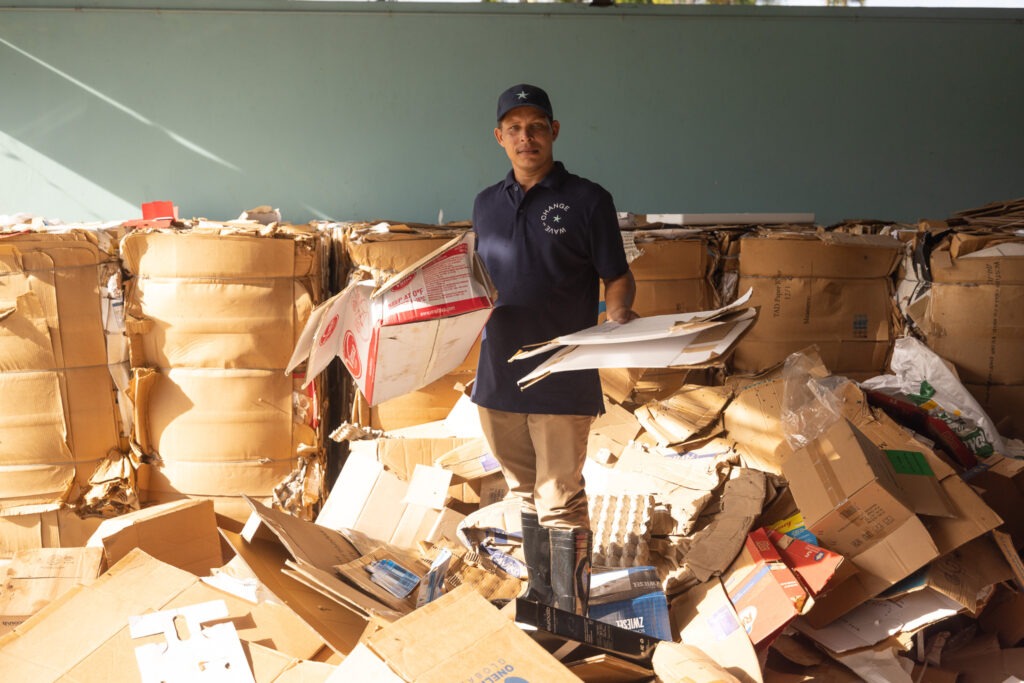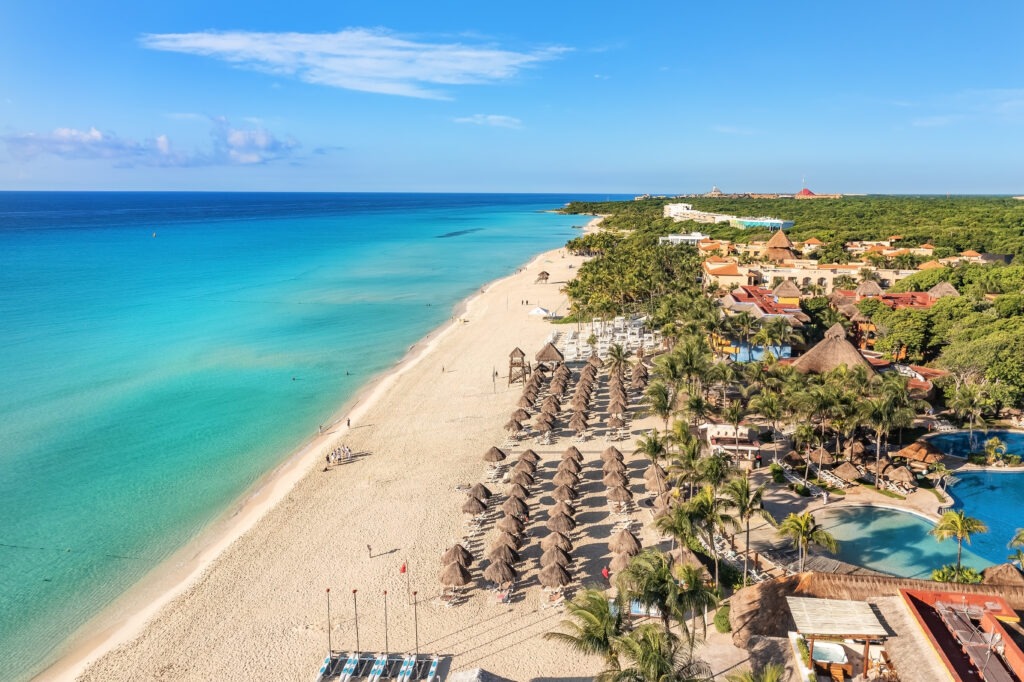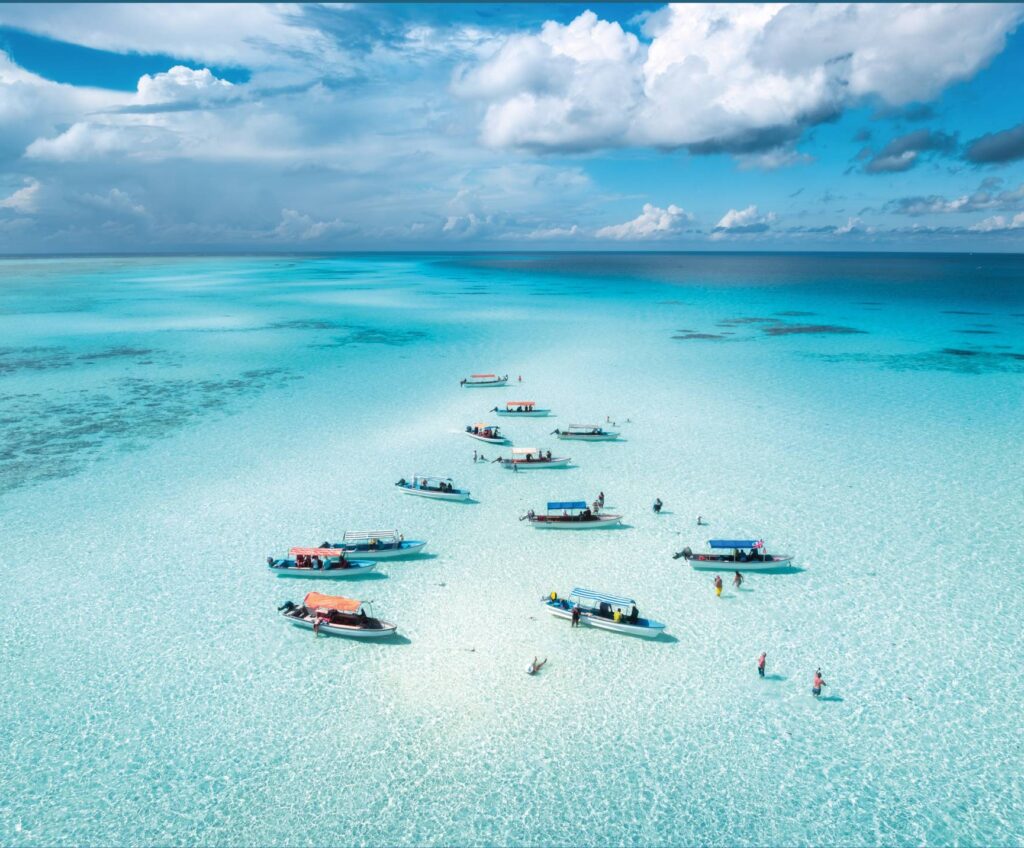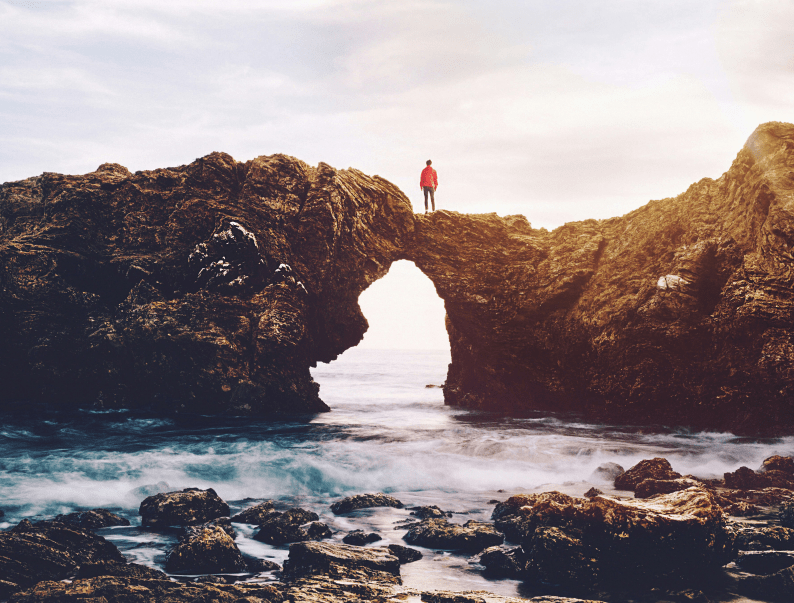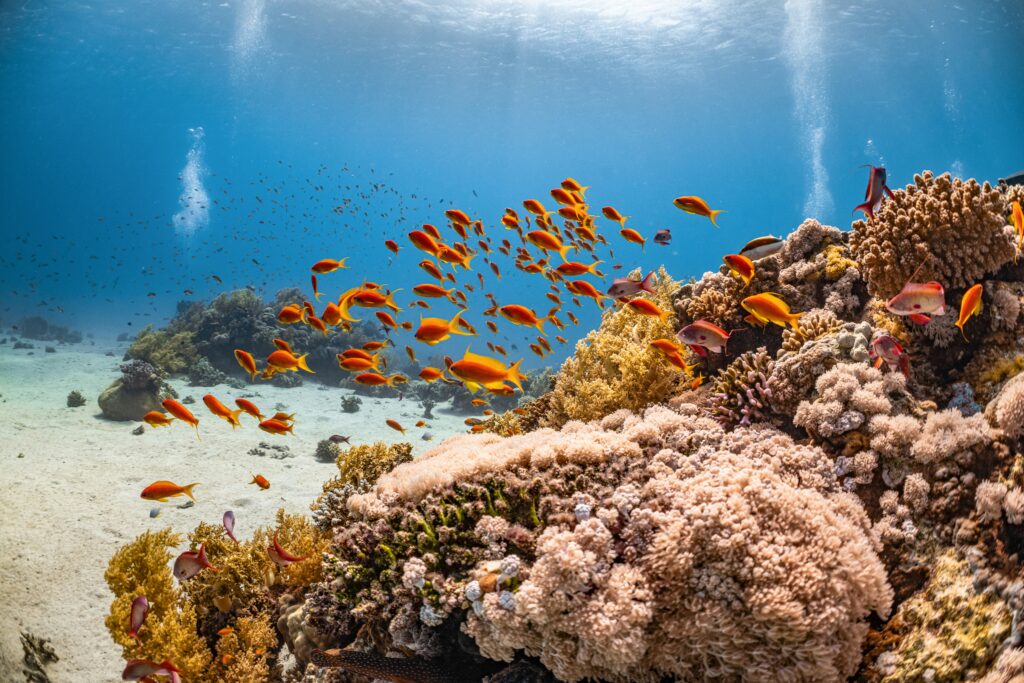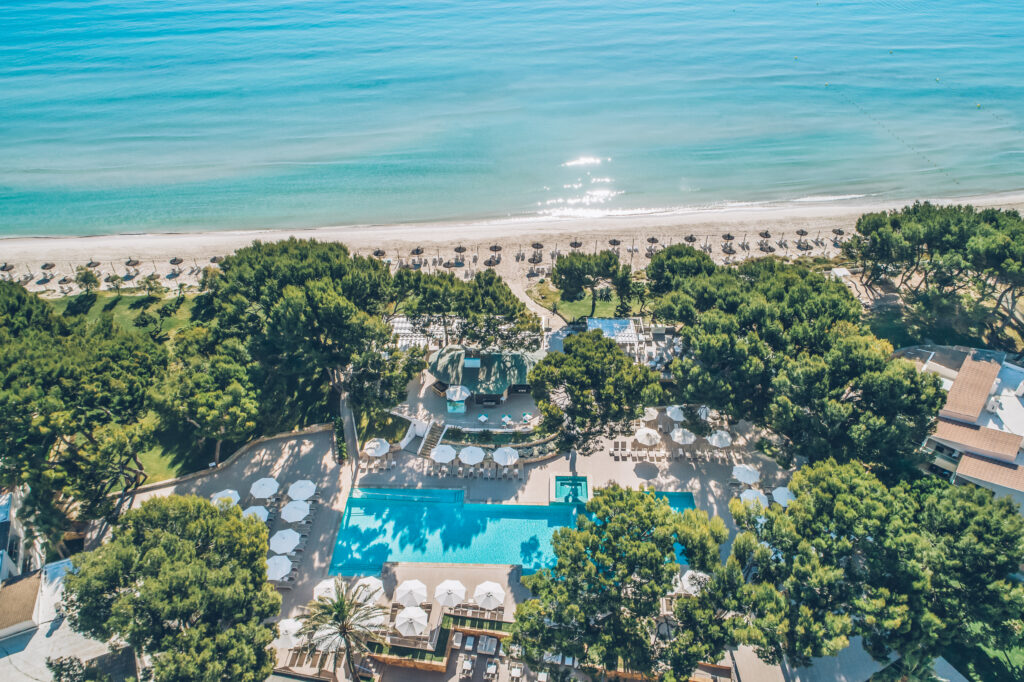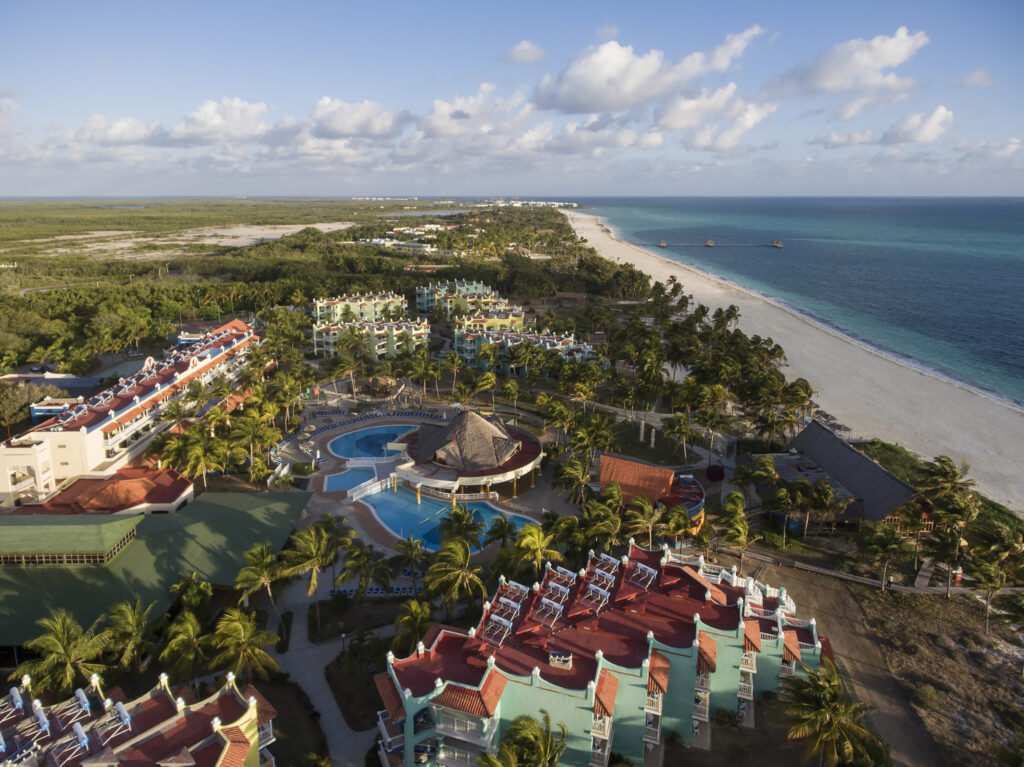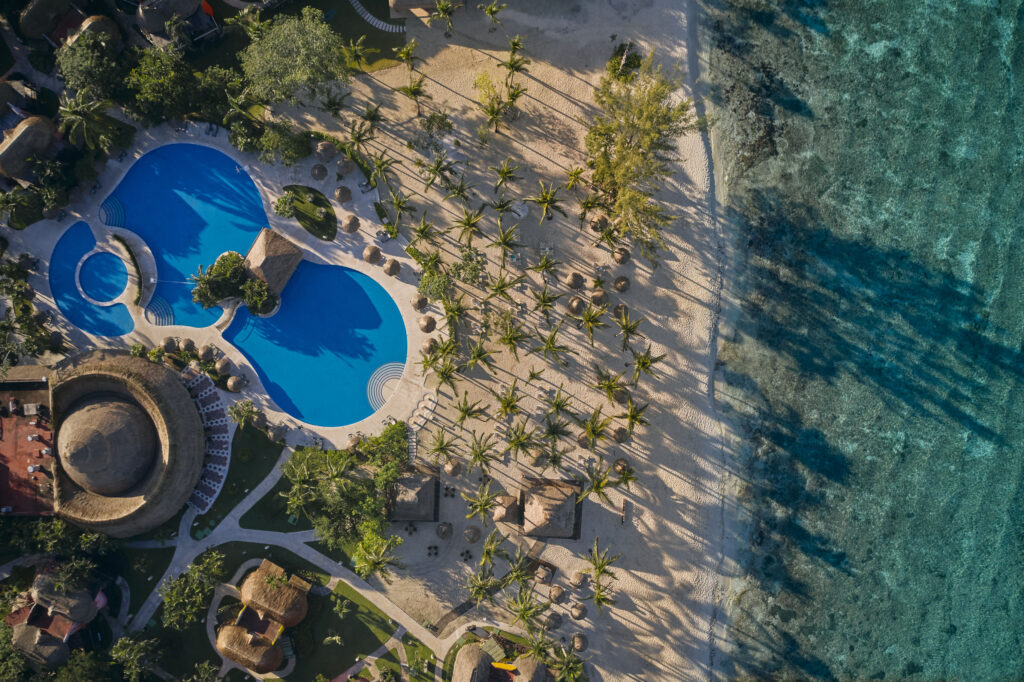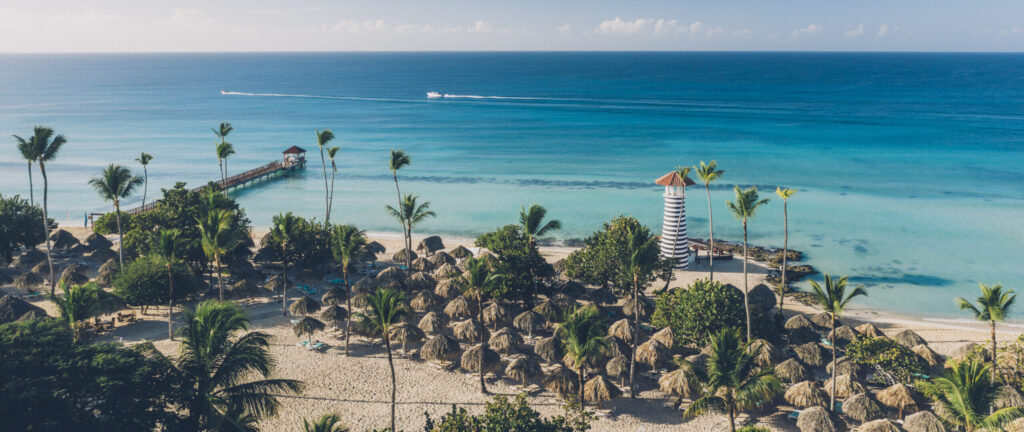Nature-based Solutions

The ocean and coastal ecosystems provide vital services, contributing over 1.5 trillion US$ annually to the global economy, according to the OECD. They play a fundamental role in mitigating climate change by absorbing 25% of all carbon emissions and regulating heat. Coastal and marine ecosystems efficiently capture and store carbon, with ocean mitigation actions potentially reducing greenhouse gas emissions by more than 11 billion tons per year by 2050. These ecosystems support the livelihoods of billions of people, with over 3 billion relying on food from the sea as their primary protein source. Additionally, ecosystems like corals, mangroves, dunes, and seagrasses provide essential protection from extreme weather patterns.
Despite their immense economic and ecological value, these ecosystems are often undervalued and face severe threats from climate change and human activities.This change is affecting ecosystem services, reducing the benefits they provide. Human-induced global climate change and related threats such as elevated water temperature, ocean acidification, relative sea-level rise, and increased frequency and intensity of weather events are some of the greatest threats to coastal and marine ecosystems.
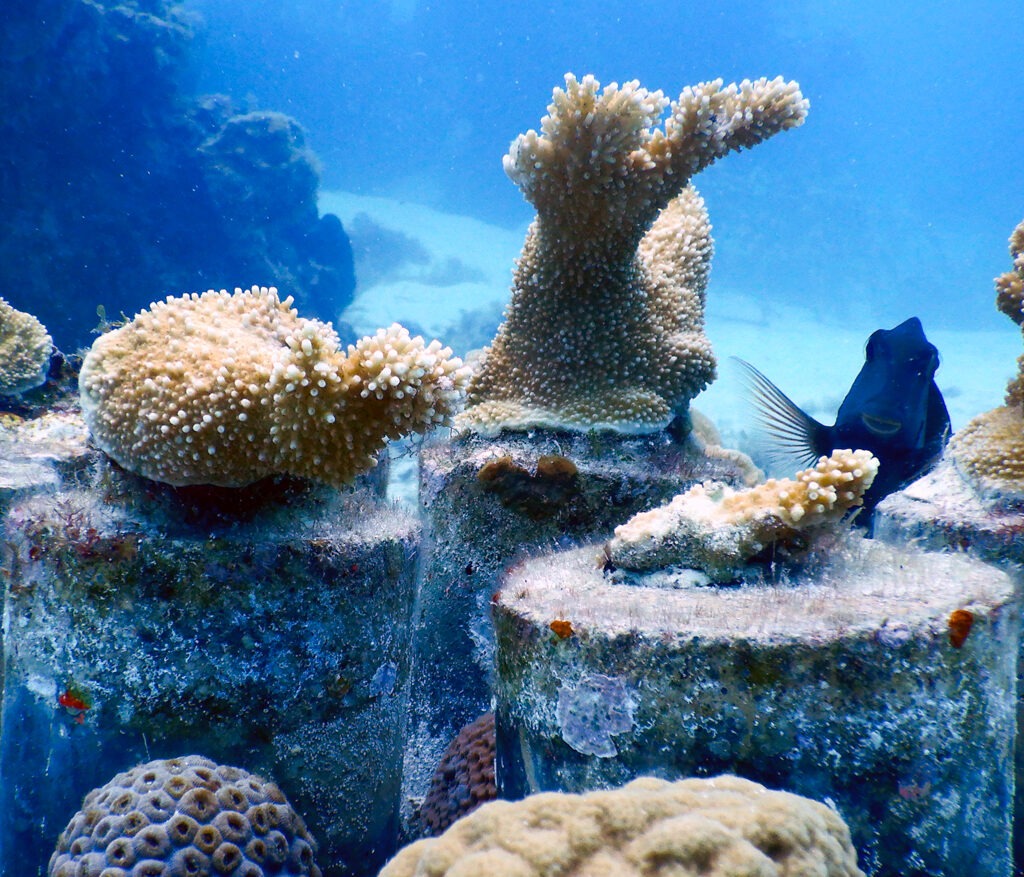


The Nature-based solutions we are driving
From Wave of Change, we believe it is time for transformative action to reach tipping points that lead to coastal ecosystem health and function. That’s why we are driving research and action to design and implement nature-based solutions to protect these ecosystems and ensure they can continue providing valuable services. In particular, we are focusing on three key areas:
01
Restoring ecosystem services for risk reduction and mitigation
02
Enhancing the quality of beaches and water for destinatons
03
Enhancing green spaces for wellbeing
We are working with a team of in-house scientists and collaborating with academia and practitioners, to explore innovative, science-based solutions. Over the last few years, we have led continuous efforts to recover ecosystem services and integrate nature-based solutions into the private sector’s investments and operations.
This work has included the evaluation of risk of properties and their surroundings through conducting baseline analysis, as well as research to determine resistant species and improve ecosystem adaptation to climate change. We have also carried out coral reef, mangroves and coastal dunes restoration work intended to enhance coastal protection and risk reduction in partnership with civil society, academia and governments. We are currently estimating and tracking the financial impact of risk mitigation actions and establishing protocols for risk reduction actions in business operations.
Our goal is to enhance the attractiveness of the tourism product in front of and surrounding the property, contributing to destination environmental competitiveness. We strive to address water quality and beach erosion through the restoration of natural habitats, which will improve the beach visitor experience, and engage travelers and employees so that they understand the value of ecosystems and beach health. As part of this work we are also reintroducing plants for the protection of coastal dune areas to prevent beach erosion.
Incorporating plants and trees into the built environment provides important ecosystem services that improve human health and wellbeing. Studies have shown that plants address air and water pollution, serve as heat control, absorb carbon, and capture and condense water, amongst other services. The economic benefit and labor impact of greenery has also been extensively demonstrated. That’s why we are working to integrate plants into built environment strategies, while also controlling invasive species and reintroducing native species. Native species require less water and maintenance, reducing costs associated with gardening, and provide efficient nature-based solutions such as soil retention and water filtration in addition to providing food and shelter for animals.
This work has included the evaluation of risk of properties and their surroundings through conducting baseline analysis, as well as research to determine resistant species and improve ecosystem adaptation to climate change. We have also carried out coral reef, mangroves and coastal dunes restoration work intended to enhance coastal protection and risk reduction in partnership with civil society, academia and governments. We are currently estimating and tracking the financial impact of risk mitigation actions and establishing protocols for risk reduction actions in business operations.
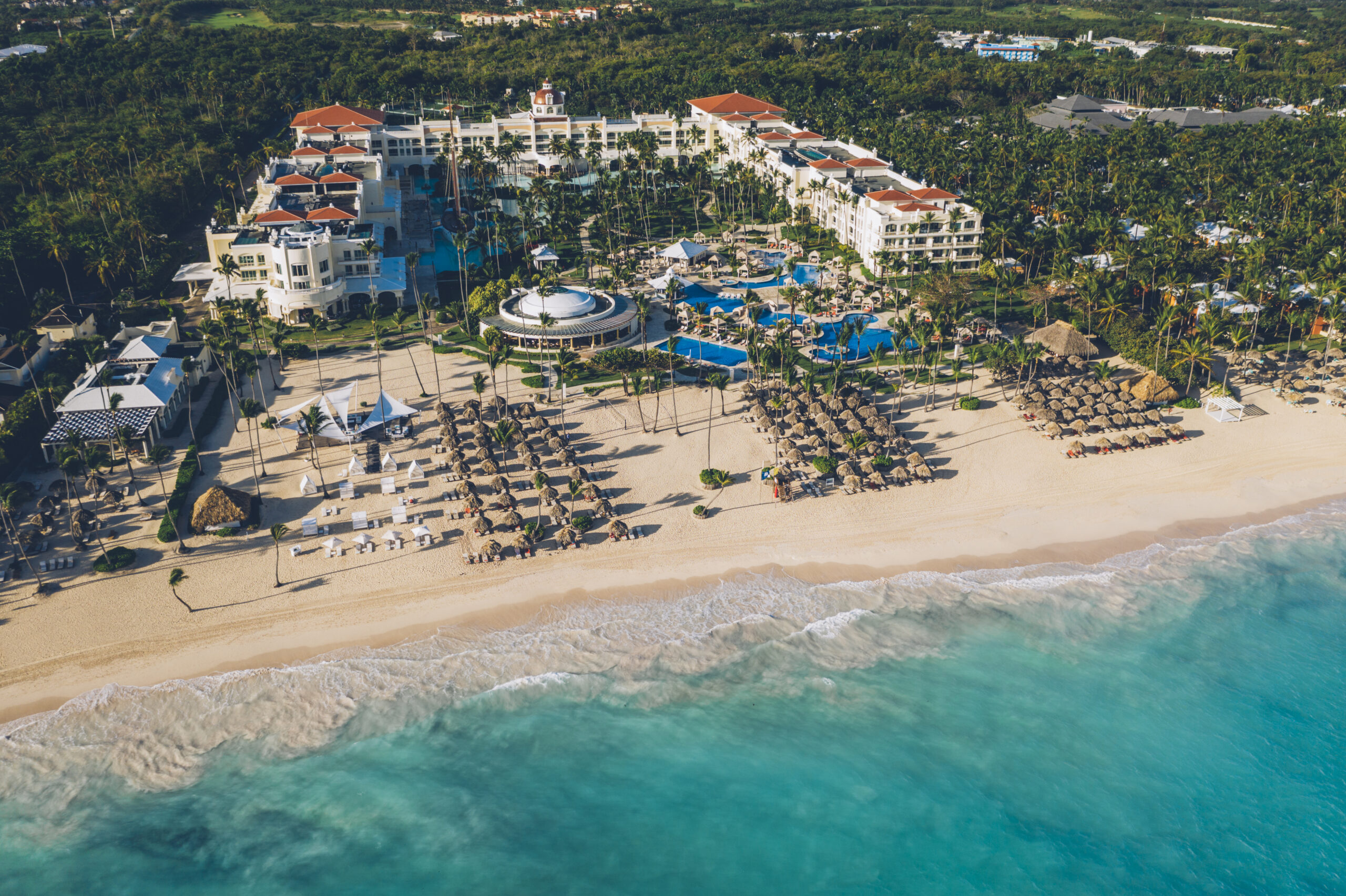


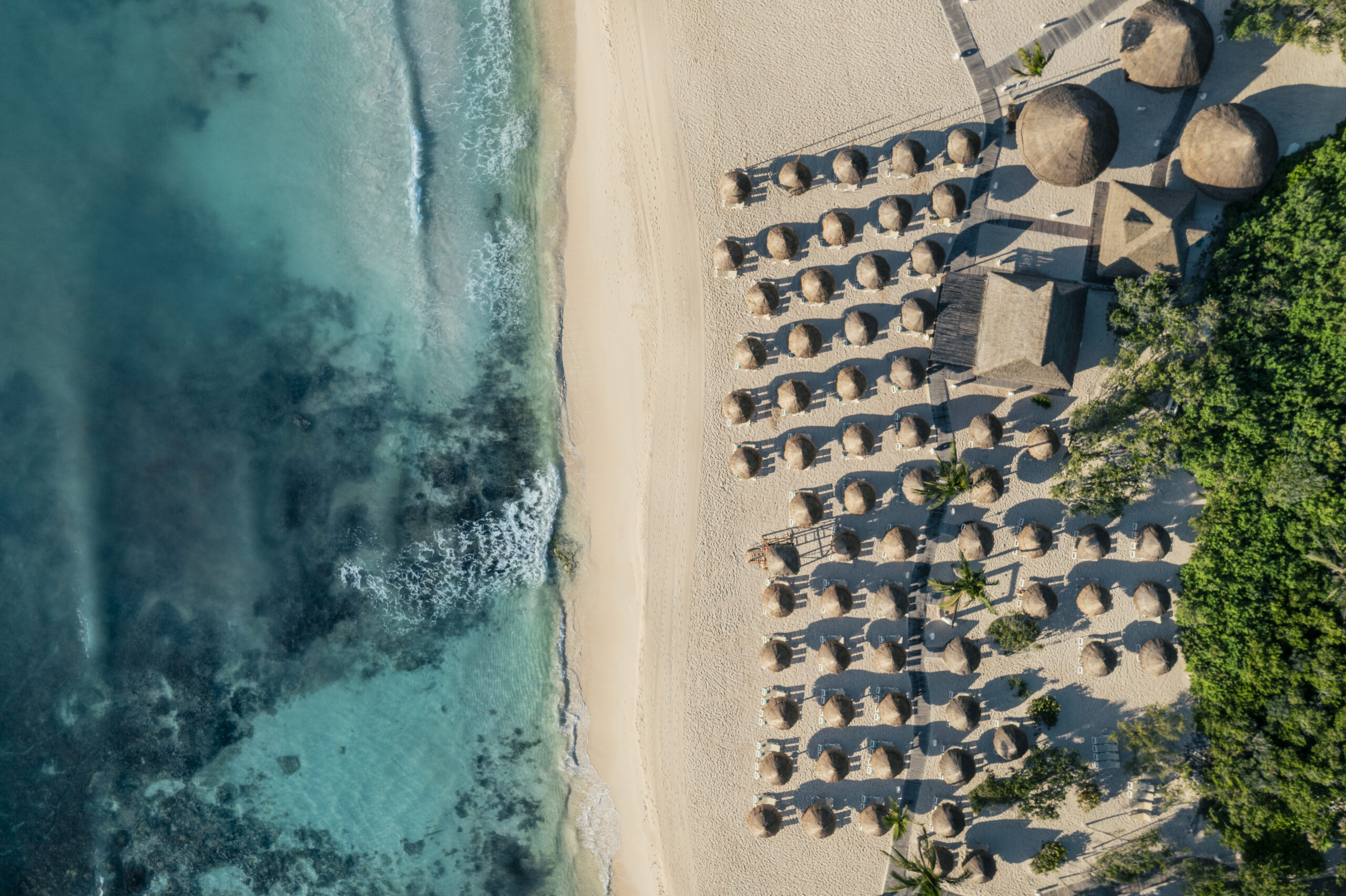
It is essential to implement nature-based solutions to protect marine and coastal ecosystems and ensure they can continue providing valuable services
We present our roadmap for the restorative and regenerative procurement of resources, the use and end use of water, energy and the products of the built environment: our hotels.
Discover our resources
Anexo Guía Cero Residuos para el sector hotelero de Quintana Roo, México.
